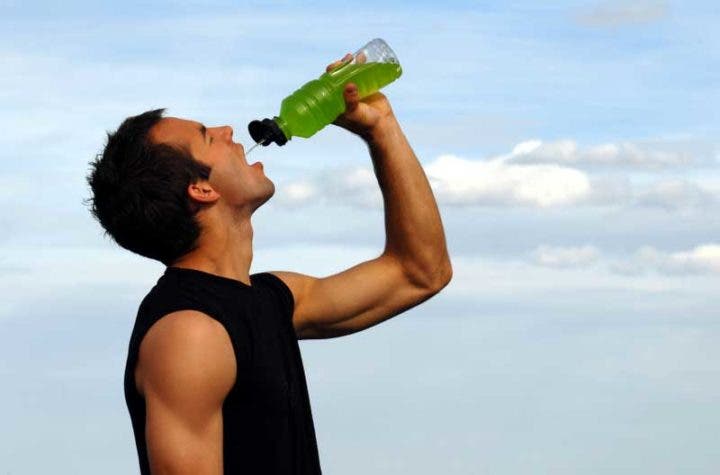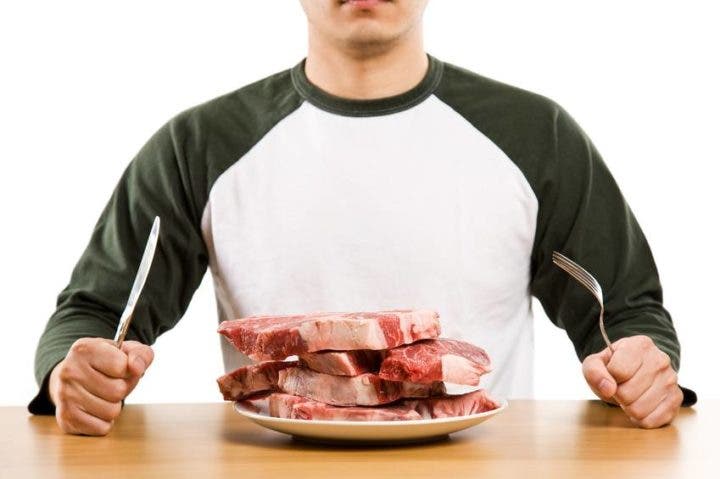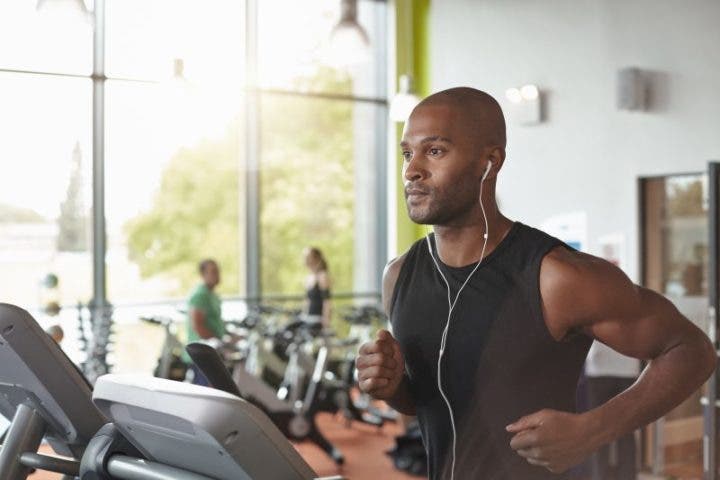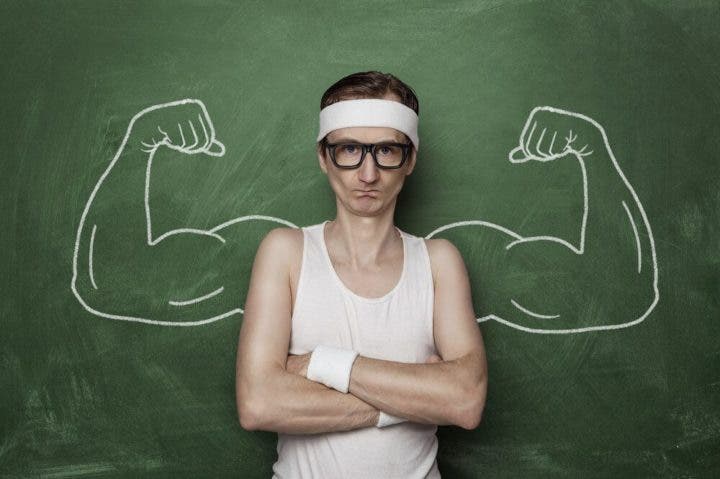Men do not escape the cloud of myths that surrounds the world of fitness. They, too, fall victim to the tales and conversations about the new miracle method or trick that the body of their dreams will give them, and the results they aspire to obtain from the hours of effort and sweat they spend training, along with their motivation, are what are usually affected.
For that reason, the faster you learn the truth, the closer you will be to your goals, so today we debunk 5 myths of male fitness that you should immediately discard.
1. No pain, no gain
If your mantra is “If it doesn’t hurt, it doesn’t work” you may be closer to an injury than to the body you want. Many men, especially beginners, tend to go to the gym every day as if they were going to a world championship where their reputation and money are at stake, and they go out every day crawling … Until they are injured and cannot train who knows how long.
While it’s important to push yourself with every set and rep, training smart is also important. Having a little post-workout pain is normal, due to the fissures that muscle tissue suffers from exertion, especially when exercises are new to you, but feeling that you can collapse at any time is not going to bring you anything good, as well. that listens to your body when you feel that you reach the limit.

2. Sports drinks are better than water
This myth is promoted by sports drink companies, claiming that after each workout you need to replenish electrolytes that water does not have. The truth is that water can be enough to keep you hydrated in most of your workouts, and you should only turn to sports drinks after training and cardio sessions of more than an hour . Keep in mind that these drinks taste so good because they contain sugar that it can work against you if your goal is to lose fat.

3. You have to eat a lot of protein
Anything in excess is bad, and too much protein is bad. While it is true that the consumption of this macronutrient is essential for the increase and maintenance of muscle mass, the excess can:
- Be stored as fat .
- Increase cholesterol
- Cause kidney and liver problems .
According to the International Society of Sports Nutrition, an active person should consume between 1.4 to 2 grams of protein per kilo of body weight.

4. If you do cardio, you won’t gain muscle
It’s true that doing cardio can make it a bit more difficult to gain muscle mass, but you don’t have to run away from treadmills like a plague. Cardiovascular exercise is obviously beneficial for heart health. In addition, it helps reduce stress levels, and helps with muscle recovery if practiced moderately.
One muscle-friendly form of cardio is high intensity interval training ( HIIT ). This workout consists of maximum effort interval cardio sessions, followed by short recovery periods. HIIT is gaining popularity because, unlike long sessions of moderate intensity cardio, high intensity intervals focused on short periods of time have been shown to enhance fat burning and reduce muscle loss .

5. You have to pay attention to those who are fit
You may be tempted to try everything that someone you know from the gym tells you just because they show off the body you dream of … But be careful, each individual is unique. He may have privileged genes that you lack and what worked for him can leave you stagnant. Much of the work in fitness lies in trying training and diet methods and adopting the ones that work best for you. There are no universal magic formulas.

References
- Nick Horton, The 7 Fitness Myths (ie Total BS) You Need To Know. For Breaking Muscle [Revised October 2015]
- Jeff Bayer, 9 Fitness Myths. For AskMen [Revised October 2015]
- Maia Appleby, Three Problems Associated With Too Much Protein Intake. For SF Gate [Revised October 2015]
- Shannon Clark, 5 Great Benefits Of Cardiovascular Exercise. For BodyBuilding.com [Revised October 2015]
